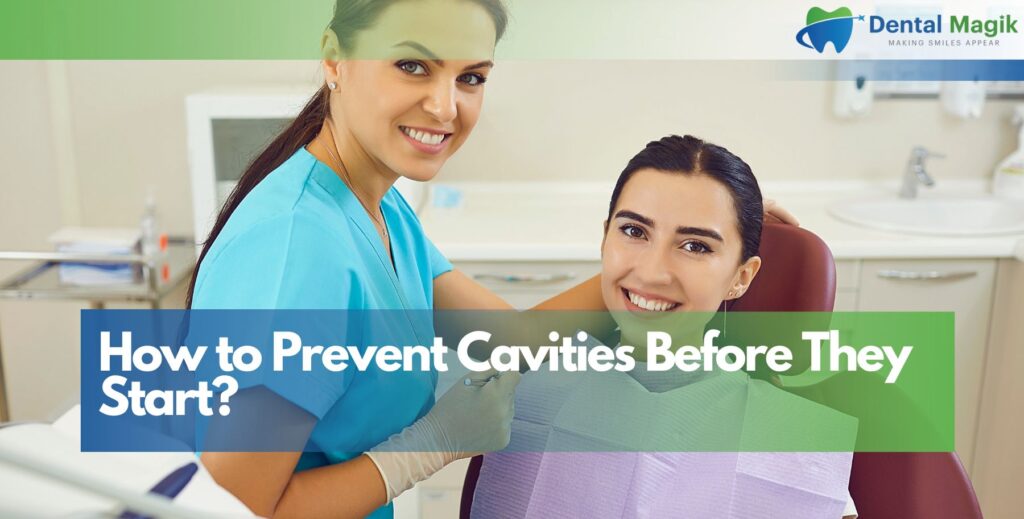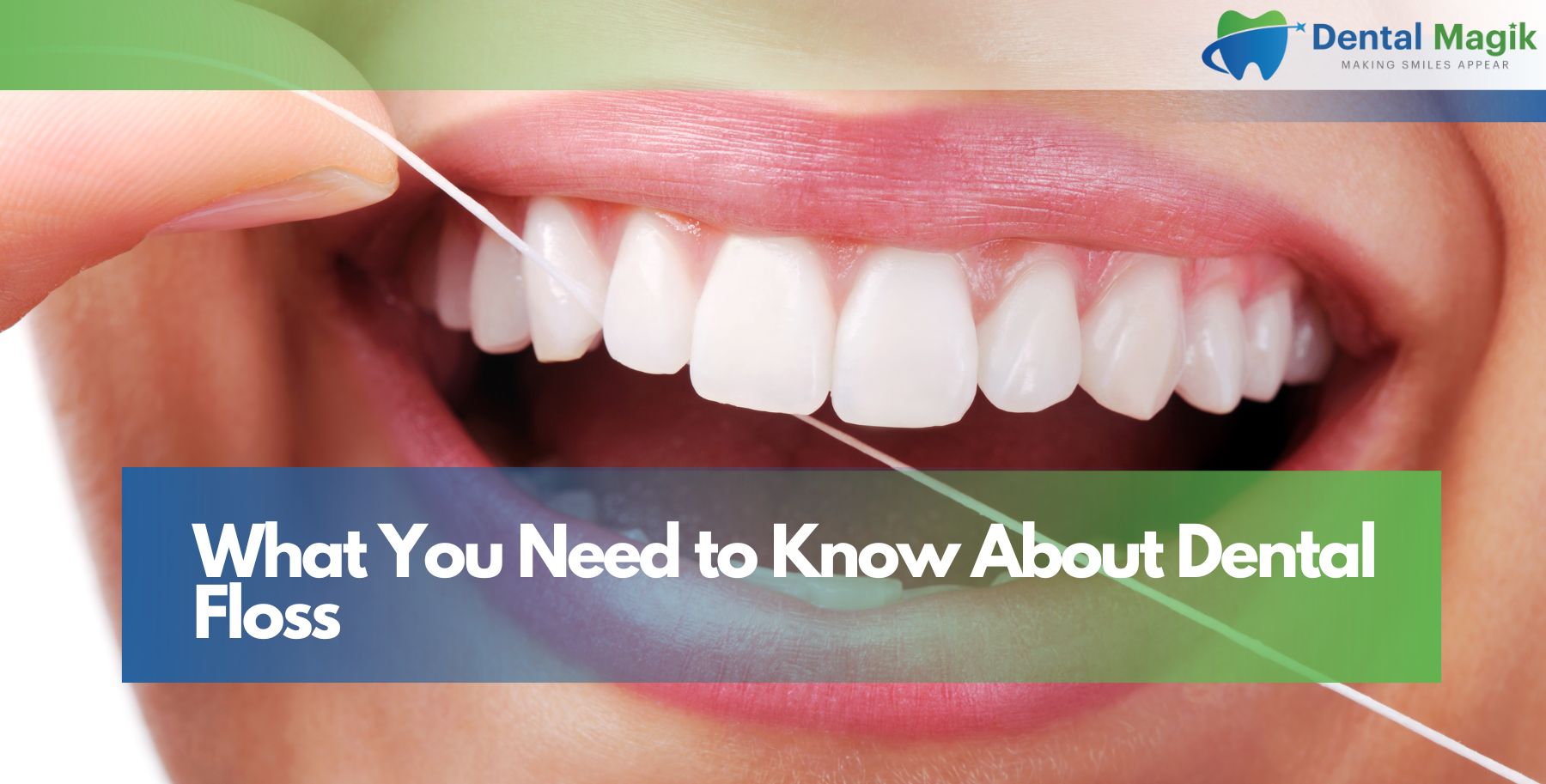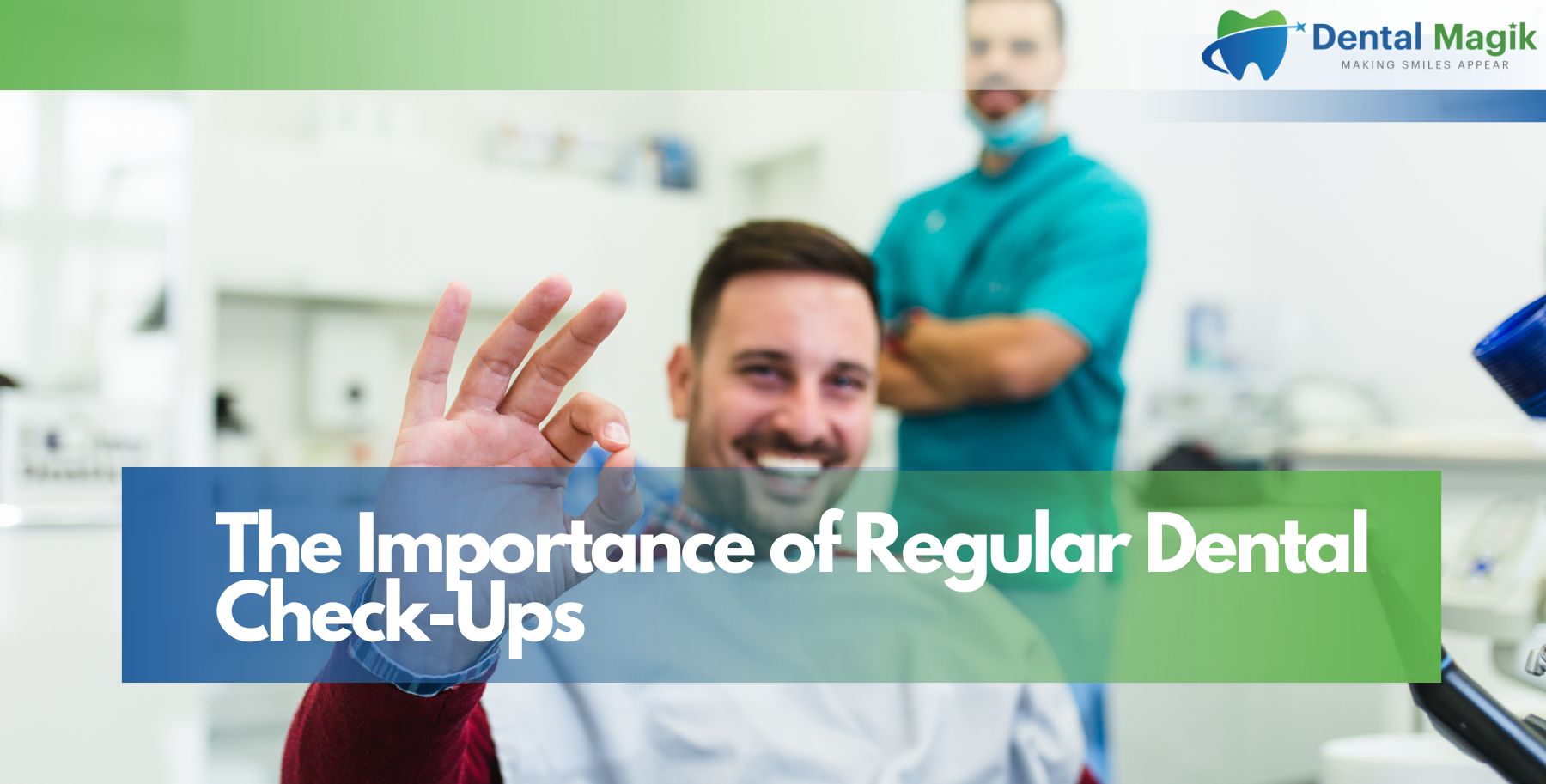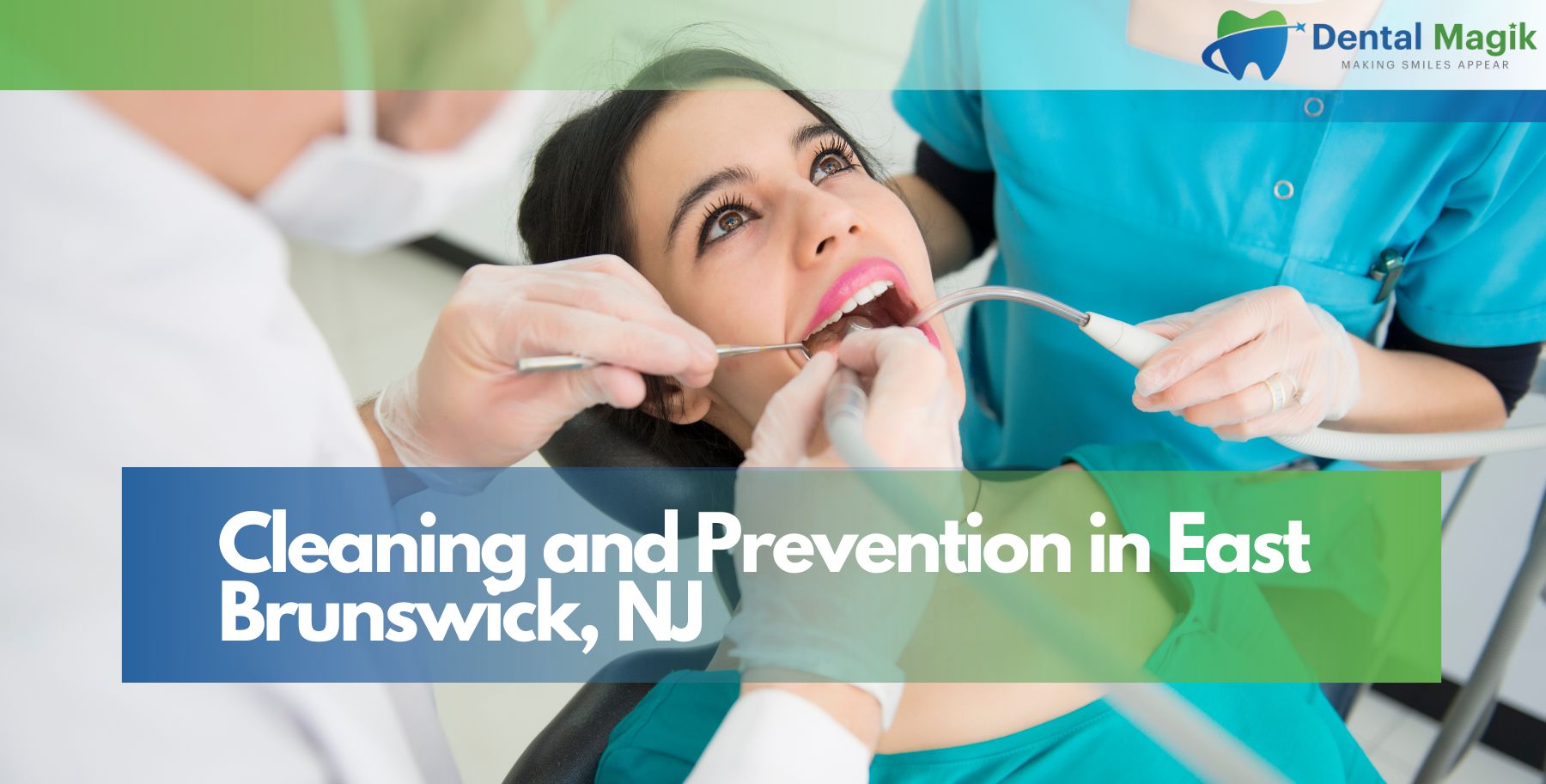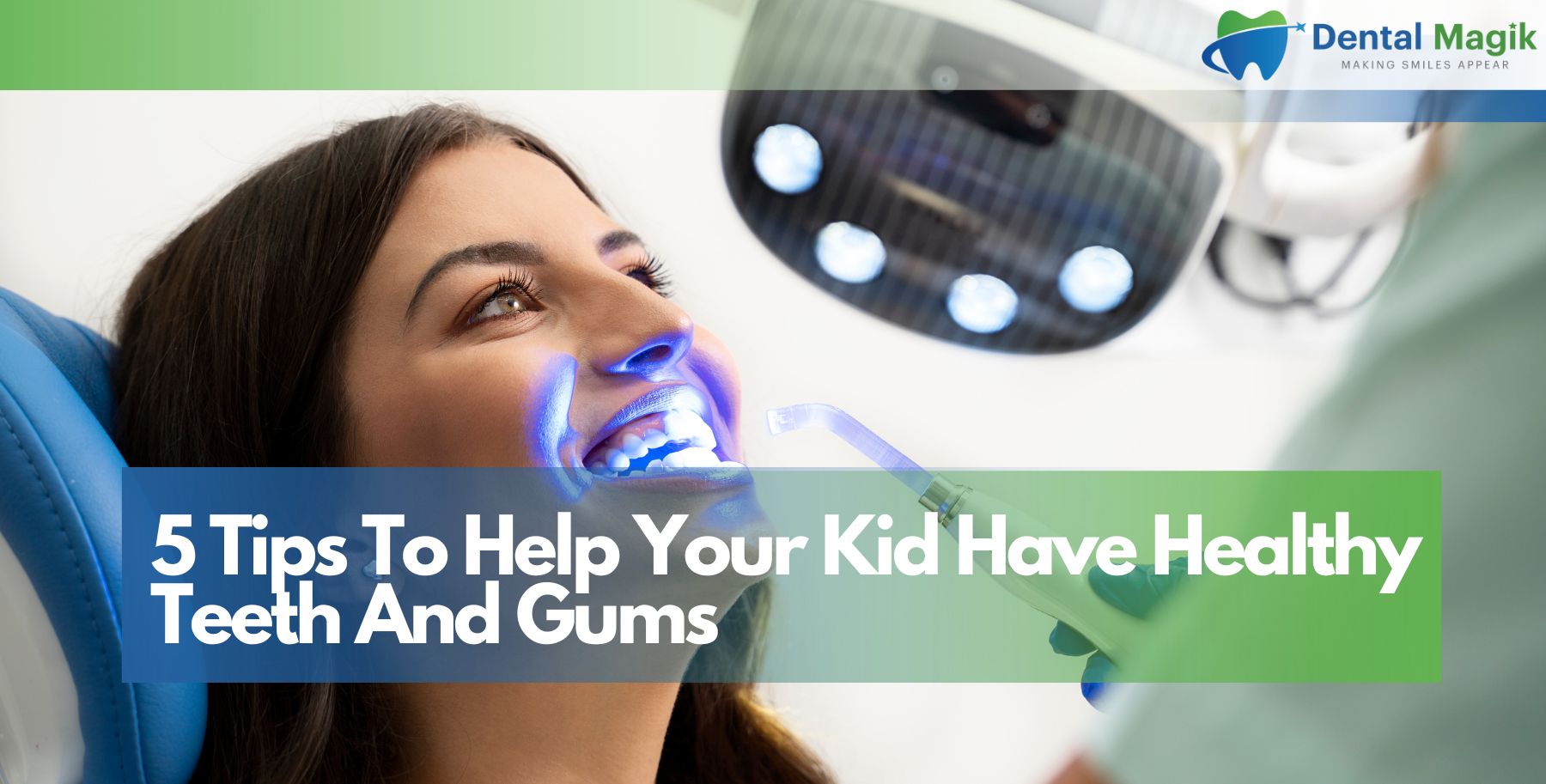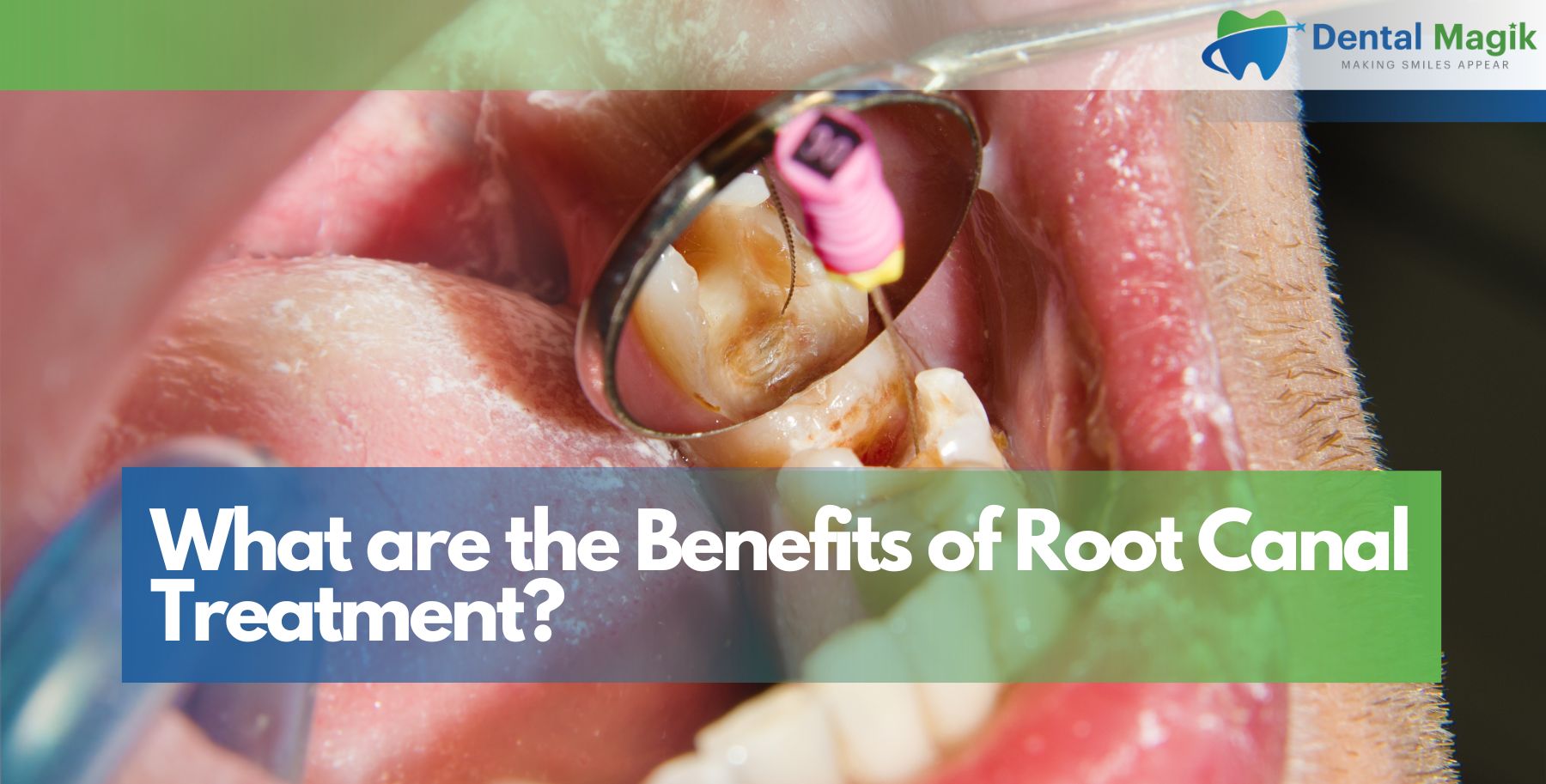Cavities are one of the most common dental problems, but the good news is—they’re almost always preventable. With the right habits and daily care, you can stop cavities before they ever become an issue. Whether you’re caring for your own smile or your child’s, this guide shows simple ways to protect your teeth and avoid tooth decay before it starts.
What Exactly Are Cavities?
Cavities are tiny holes in the surface of your teeth caused by acid-producing bacteria. They form when plaque builds up, sugars feed the bacteria, and your enamel gets slowly worn away. If left untreated, cavities can lead to pain, infection, and even tooth loss. That’s why prevention matters.
Why Cavity Prevention Is Better Than Treatment
Taking steps to avoid cavities isn’t just smarter—it’s also easier, cheaper, and much more comfortable than treating them later.
Saves Money
Preventive care like brushing, flossing, and checkups is far less expensive than fillings, crowns, or root canals.
Saves Time
A few minutes each day can save you hours in the dentist’s chair. Prevention is simple and quick compared to dental treatments.
Protects Natural Teeth
Once a tooth is drilled and filled, it’s never quite the same. Prevention helps you preserve your natural smile.
Daily Habits That Help Prevent Cavities
The easiest way to prevent cavities is by being consistent with your daily oral hygiene. It doesn’t take much time, but it makes a big impact.
Brush Twice a Day—The Right Way
Use a soft-bristled toothbrush and fluoride toothpaste. Brush for two minutes, making sure to clean every tooth surface and your tongue too.
Floss Like You Mean It
Flossing removes food and plaque stuck between your teeth where brushes can’t reach. It’s a key step in stopping decay from forming in those tight spaces.
Use Fluoride Toothpaste
Fluoride helps strengthen enamel and reverse early signs of decay. Choose a toothpaste with fluoride for daily protection.
Eating and Drinking Smarter
What you eat (and when you eat) plays a big role in cavity prevention. It’s not just about brushing—your diet matters too.
Cut Down on Sugary Snacks
Sugar is bacteria’s best friend. Limit sweets, soda, and sticky foods that sit on teeth and fuel acid attacks.
Drink More Water
Water helps rinse away food particles, reduces dry mouth, and keeps your mouth clean between brushing.
Snack with Intention
Chew foods like cheese, apples, and nuts that help clean your teeth naturally and stimulate healthy saliva flow.
Professional Tips to Prevent Cavities
Your dentist can do more than clean your teeth—they offer tools and treatments to prevent cavities altogether.
Visit Your Dentist Twice a Year
Regular cleanings remove tartar and plaque that brushing alone can’t handle. Exams also catch issues early.
Ask About Dental Sealants
Sealants cover and protect the grooves on your back teeth, where cavities often start. They’re quick, painless, and great for kids and adults alike.
Consider Fluoride Treatments
In-office fluoride applications provide a stronger dose than regular toothpaste and help strengthen enamel, especially if you’re at higher risk for decay.
How Kids and Teens Can Avoid Cavities
Kids and teens often struggle with consistent dental habits. Teaching them early and making oral care fun helps build a strong foundation.
Start Early
Begin brushing as soon as the first baby tooth appears. Use age-appropriate toothpaste and a small brush.
Supervise Until Age 7–8
Kids need help brushing correctly. Supervision ensures they clean thoroughly and don’t rush.
Make Dental Visits Normal
Routine dental checkups every six months keep kids comfortable and catch small issues before they become big problems.
Cavity Risks for Adults and Seniors
Adults face different cavity risks than kids. Aging, lifestyle, and medications can all affect your oral health.
Gum Recession
As gums recede, tooth roots become exposed and more prone to decay. Gentle brushing and regular cleanings help protect them.
Dry Mouth
Certain medications and aging can reduce saliva flow, which increases cavity risk. Drinking water and using saliva substitutes can help.
Restorations Need Care Too
Fillings, crowns, and bridges still need to be cleaned properly. Decay can start around their edges if not maintained.
Tools That Make Prevention Easier
Modern dental tools make cavity prevention easier and more effective. The right products encourage better hygiene and long-term results.
Electric Toothbrushes
They’re great for thorough brushing and especially helpful for those with limited mobility or inconsistent brushing habits.
Water Flossers
Water flossers blast away plaque and food from between teeth, making flossing faster and easier.
Xylitol Gum
Chewing xylitol gum helps reduce cavity-causing bacteria and boosts saliva, which naturally protects teeth.
Signs You Might Have a Cavity (and Need a Dentist)
Even with prevention, cavities can still develop. Knowing the warning signs helps you act fast and avoid bigger issues.
Look Out For:
- Tooth pain or sensitivity
- Dark spots or visible holes
- Bad breath that won’t go away
- Pain when chewing
- Swollen or bleeding gums
If you notice any of these, it’s time to see your dentist.
What to Do If You’re Cavity-Prone
Some people are just more likely to get cavities. If that’s you, step up your defense.
Brush After Every Meal
Especially if you’ve had something sugary or acidic. It prevents bacteria from settling in.
Rinse with Mouthwash
Use a fluoride or antibacterial mouthwash to strengthen teeth and fight plaque.
Stay Consistent
Stick with your routine, no matter how busy life gets. Skipping once or twice opens the door for bacteria.
Lifestyle Habits That Help Long-Term
Your everyday habits affect your dental health. Small changes can lead to big results when it comes to preventing cavities.
Avoid Smoking
Smoking leads to dry mouth and increased plaque. It also affects healing and overall gum health.
Manage Stress
Stress can cause you to neglect hygiene or grind your teeth, which increases your risk of cavities and wear.
Eat a Tooth-Friendly Diet
Focus on whole foods—leafy greens, lean protein, whole grains—and reduce frequent snacking on sweets or processed foods.
Conclusion
Preventing cavities is all about consistency. With a smart routine, good dental habits, and regular checkups, you can avoid the pain, cost, and stress of tooth decay. Just a few minutes of care each day make all the difference in protecting your smile.
And if you’re looking for professional care and advice, don’t hesitate to book a visit with a trusted Dentist in East Brunswick, NJ. Your teeth—and your wallet—will thank you later.

